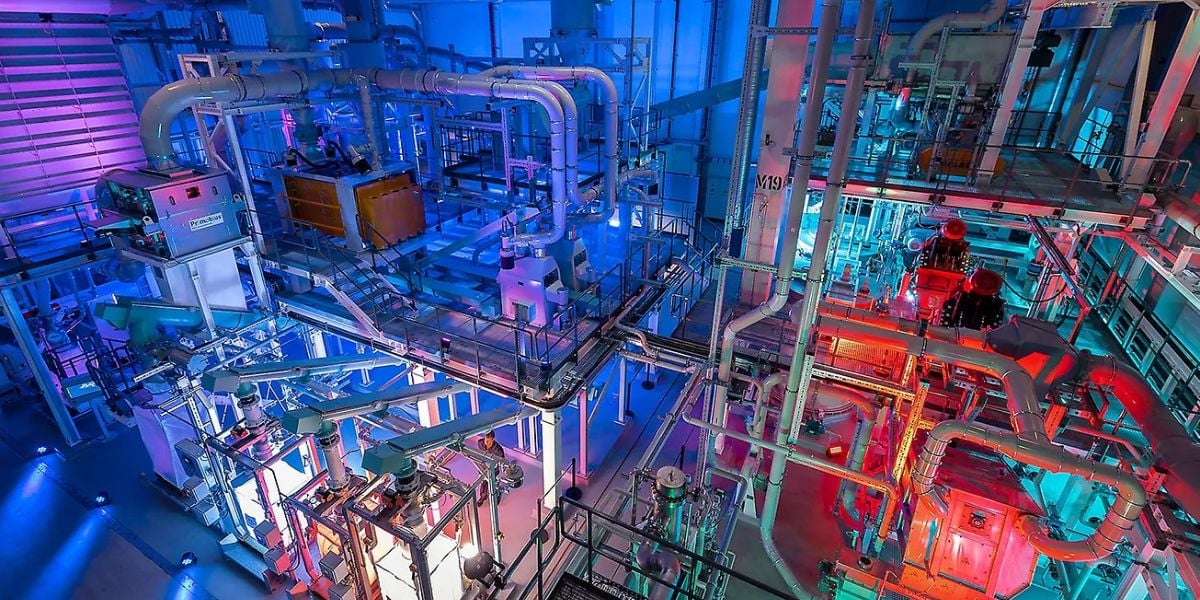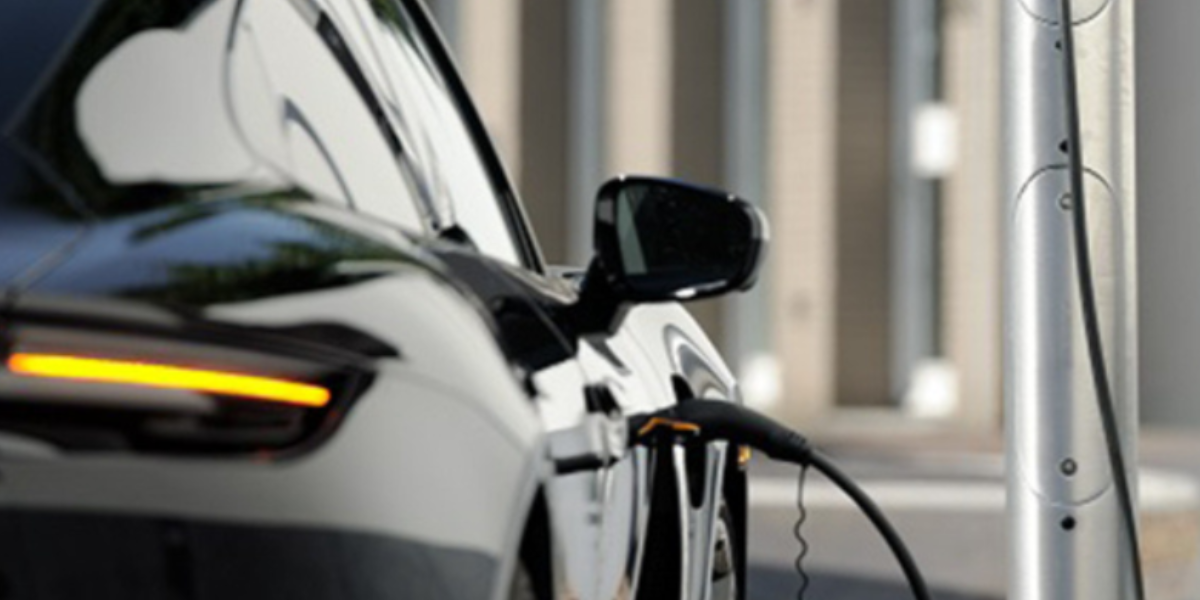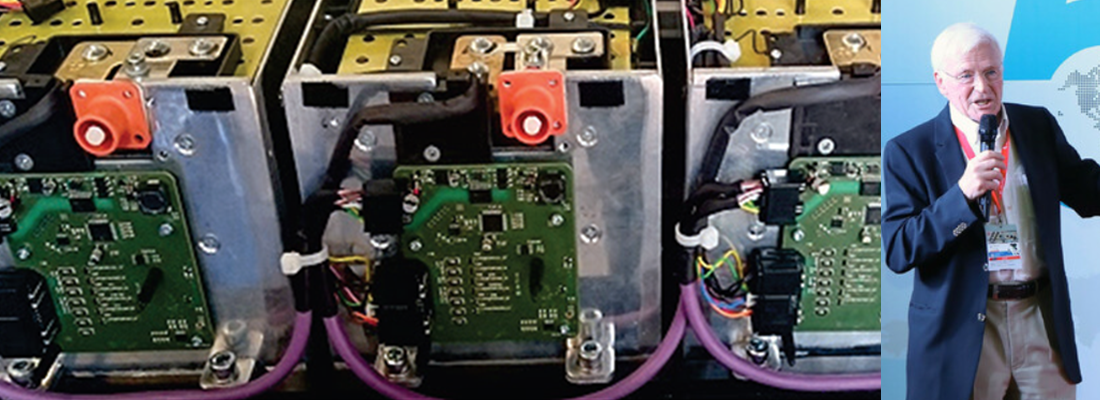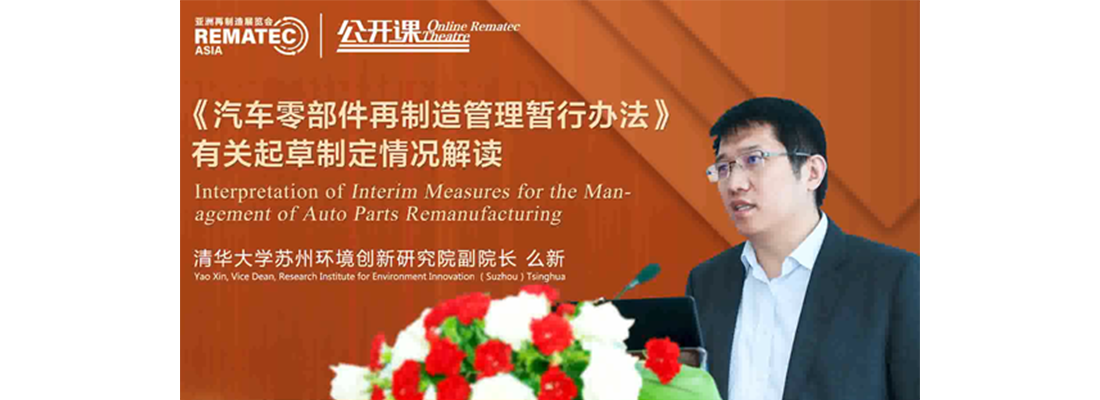It's up to everyone to find political support
Getting international policy makers to understand the big issues around reman is vital if the sector is to flourish. APRA’s Peter Bartel outlines the progress so far.
For all of us in reman-related organisations, it is important to be supported by political authorities. They want to be convinced that our activities are for the wellbeing of citizens - so we must be able to explain that we are not part of the scrapping business, that our industry builds high quality products and so on. Some of the arguments we have ready and well-prepared in our standard company presentations - but we really need to provide reliable sources and promote our business in the wider context of the actual political agenda.
In Western countries, all politicians want to increase the wellbeing of their citizens - at least if they want to be re-elected. Over the last few decades, the main indicator of wellbeing was the development of individual consumption. Today it is obvious that this idea is not sustainable, as resources are limited and global warming will make large regions uninhabitable, leading directly to massive migration. Within the G7 group of countries there is a common understanding that activities have to be defined to limit global warming (as in the world climate protocol from Paris 2015 UNFCC COP21) and there must be a decoupling of the growth of wellbeing from the consumption of limited resources. This was expressed for the first time in the G7 declaration from Elmau in 2015. Acknowledging that products are discarded for fashion – as well as technology – reasons, the common understanding supports the circular economy as a means of extending product lifetimes.
Together with other non-profit associations, APRA has promoted the benefits of remanufacturing, such as: the reduction of CO2 emissions in production, generating employment in the European Union and offering the best value proposition for the consumer. These have been discussed at an international level over the last few years and reconfirmed in the Toyama Framework on Material Cycles. The commitment to resource efficiency and the circular economy was transferred to major international bodies such as the International Resource Panel (IRP) of the United Nations Environment Programme (UNEP), Organisation for Economic Co-operation and Development (OECD), World Trade Organisation (WTO) and G20.
Today, support for remanufacturing is part of the long-term policy of G7 countries and is actively supported by these high-level international organisations. Legislation and international guidelines, like the Basel convention, are reviewed. At the G7 Environment Ministers’ meeting in Bologna in June, a fiveyear roadmap including support for the remanufacturing business was officially presented – where lifetime extension product policies are defined as ‘Remanufacture, Refurbishment, Repair and Direct Reuse’. This means there are many interesting stories to tell when we promote our industry in the wider political context (please see apra-europe.org for more documents and useful links). So let’s all look forward to the next opportunity to convince politicians of remanufacturing’s benefits.
Share your remanufacturing stories with us
Do you have an innovation, research results or an other interesting topic you would like to share with the remanufacturing industry? The Rematec website and social media channels are a great platform to showcase your stories!
Please contact our Brand Marketing Manager.
Are you an Rematec exhibitor?
Make sure you add your latest press releases to your Company Profile in the Exhibitor Portal for free exposure.








